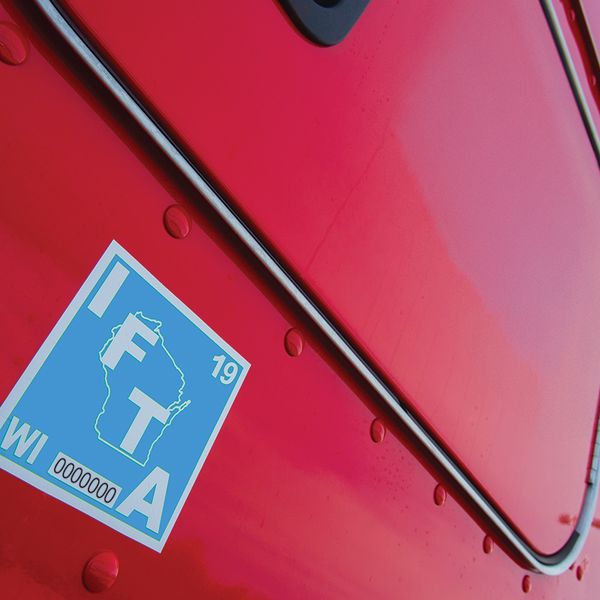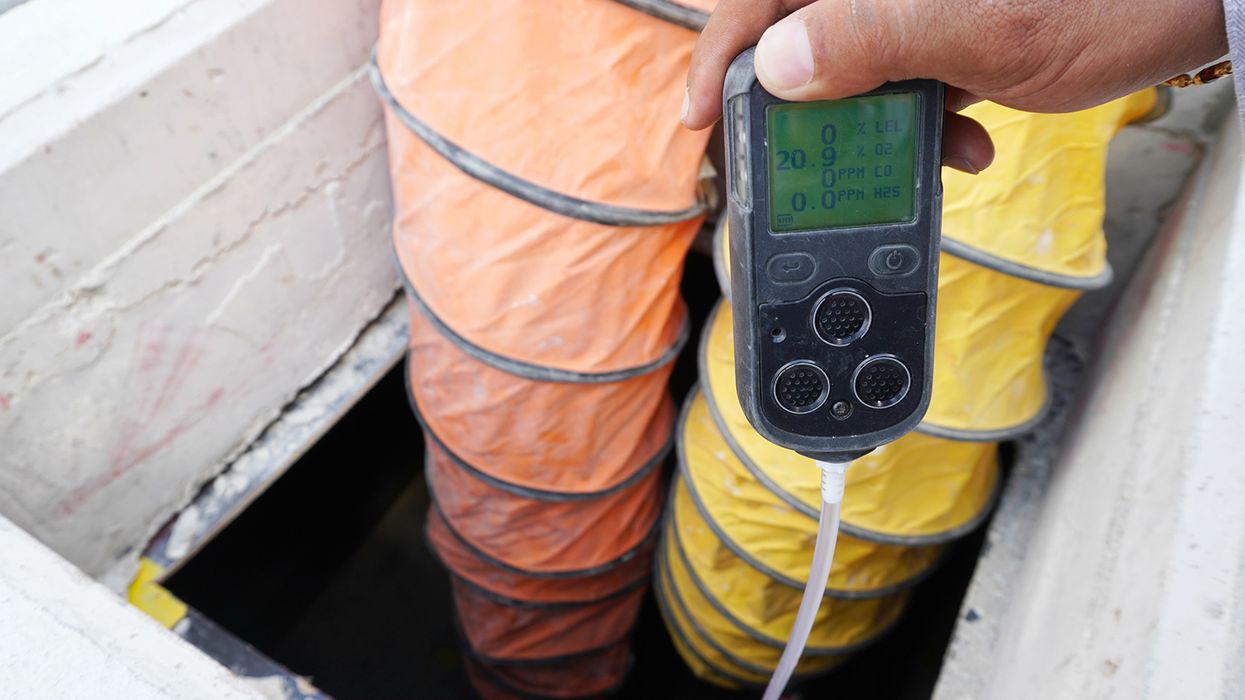Temporary permits or permanent credentials: What’s the difference?
Carriers that operate in more than one state must decide whether to register their trucks under the International Fuel Tax Agreement (IFTA) and apportion under the International Registration Plan (IRP) or opt for temporary fuel and trip permits.
Ultimately, you’ll need to weigh the cost of purchasing temporary permits against the resources needed to satisfy the administrative requirements of permanent credentials. Consider the pros and cons of each option when making your decision.
Temporary permits
If travel is required to or through a state and a vehicle does not have IFTA and IRP credentials, temporary fuel and trip permits are required.
Pros:
- Valid for a defined period of time or for a single trip.
- Can be obtained through wire services.
- Avoid extensive recordkeeping and the possibility of audits of IFTA and IRP records.
Cons:
- Must be obtained from each state on your route of travel.
- Fees are determined by each state and wire services charge an additional fee.
- Some states limit the number of permits you can use each year.
Permanent credentials
For carriers that operate in other jurisdictions more than five times per year, permanent IFTA and IRP credentials are often the best option.
Pros:
- Permanent IFTA and IRP credentials allow you to freely operate in any IFTA and IRP jurisdiction.
- Register with and pay to just one jurisdiction.
- Professional services are available to assist you in managing these programs.
Cons:
- These programs involve annual renewals and significant recordkeeping requirements.
- Both IFTA and IRP require reported distance for the actual routes traveled by each vehicle for each trip. All mileage, interstate and intrastate, must be included, as well as loaded, empty, dead-head, and/or bobtail miles or kilometers. Monthly, quarterly, and yearly summaries of this information are required.
- IFTA licensees must also maintain complete records of all motor fuel purchased, received, or used in the conduct of their business, including detailed receipts or invoices for every transaction. Quarterly tax returns must be filed based on mileage and fuel use records.
- Under IRP, records must be retained for up to six and a half years. IFTA requires the records used for the quarterly tax return to be retained for four years from the return due date or filing date, whichever is later, plus any time period included as a result of waivers or jeopardy assessments. Physical or electronic space is needed to store massive amounts of records and/or data.
- Every motor carrier may be subject to audit. It could be a random audit or a red flag that triggers an audit, such as inconsistencies in reporting.
- Additional expense could be incurred if contracting for professional services.
Ultimately, the choice between trip permits and permanent credentials may depend on how often your trucks operate across state lines along with the time, staff, and training that you can devote to these programs.






















































